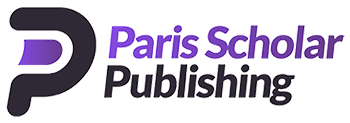An Open Access article published in the Health Behavior and Policy Review Journal.
Authors:
Chelsey Kirkland, PhD, MPH, CHW
Jeffrey S. Hallam, PhD, FRSPH
Objective:
Community health workers (CHWs) experience higher than average risks for chronic diseases and poor health and are disproportionately affected by the COVID-19 pandemic due to being from historically marginalized populations. Despite limited literature, these factors indicate a need for CHW-specific support programming for wellness and self-care. Therefore, we conducted formative evaluation using virtual focus groups (N = 5) using descriptive and interpretive qualitative research methods to inform a program called “HANS KAI.”
Methods:
The focus groups included CHWs (N = 35) and CHW supervisors (N = 5) to explore CHW-support programming needs and understand their perceptions of HANS KAI. Two moderators followed a semi-structured focus group guide with questions and prompts focused on 5 primary domains: (1) Intervention Initiation, (2) Impact of Agency Culture, (3) HANS KAI Meeting Details, (4) HANS KAI Meeting Topics, and (5) Intervention Incentives. Audio-transcribed data were aggregated and analyzed for each domain with inductive codes involving iterative cycles of descriptive and in vivo coding. Salient themes and sub-themes were developed based on the domains.
Results:
We developed 8 salient themes within the domains.
Conclusions:
Our findings reveal that CHW HANS KAI components reflect CHWs’ needs, may benefit CHWs, and provide insights into CHW-specific programming.
Source: Health Behavior and Policy Review
Publisher: Paris Scholar Publishing Ltd.
Article Link: https://doi.org/10.14485/HBPR.10.3.2
